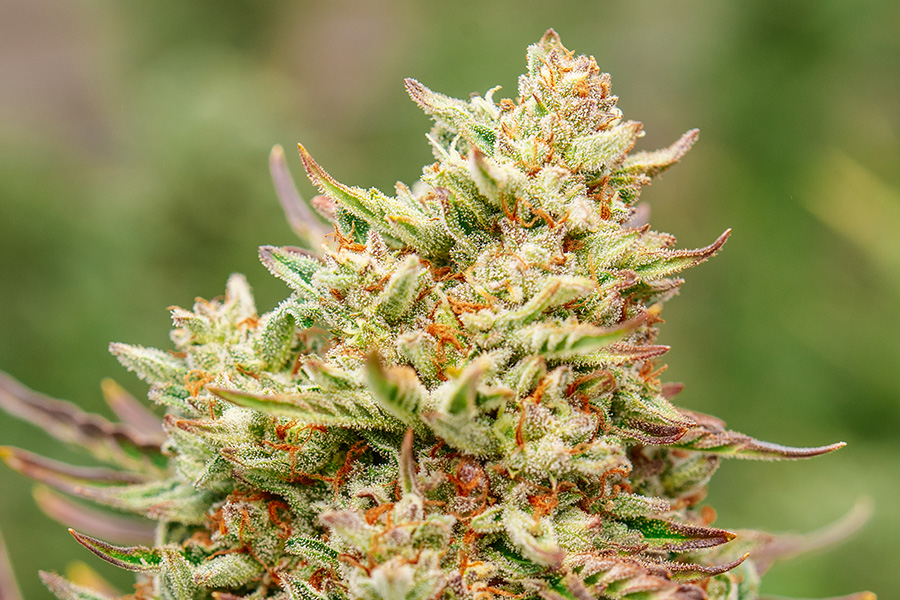What is a triploid? Let’s explore the concept of triploid genetics, which possess three chromosomes instead of the usual two, making them effectively sterile. Learn about the process of creating triploid cannabis plants through tetraploidy induction and crossing with diploid parents. Discover the benefits and challenges associated with triploid genetics in crop plant breeding.
Triploid genetics, characterized by possessing three chromosomes rather than the typical two in diploid plants, offer unique qualities and challenges in crop plant breeding. In this blog post, we delve into the concept of triploidy, the process of creating triploid plants through tetraploidy conversion and crossing, as well as the considerations and implications associated with utilizing triploid genetics in crop breeding.
Two-Step Production Process
Creating triploid cannabis plants involves a two-step process. Initially, a parent plant is converted to tetraploidy, possessing four chromosomes, through a chemical induction process. The tetraploid plant is then crossed with a standard diploid plant, resulting in offspring that are all triploid, with three chromosomes. Breeders commonly use this process in crop plant breeding, applying it to various other crops.
Sterility of Triploid Genetics
One significant advantage of triploid genetics is their inherent sterility, making them unable to be pollinated. This characteristic eliminates concerns about undesired cross-pollination and seed development. However, it is important to note that triploid cannabis plants do exhibit greater variation in the next generation due to having four chromosomes instead of the typical two. o counter this, breeders must use highly homozygous parent stock when developing triploid genetics. They should also conduct extensive trials before offering the resulting cannabis seeds. This ensures consistency and quality.
Triploid genetics, possessing three chromosomes, offer unique advantages and challenges in crop plant breeding. These sterile plants eliminate the risk of unplanned pollination and seed production. However, the increased chromosome number introduces the potential for greater variation in subsequent generations. To overcome this challenge, it is crucial to use highly homozygous parent stock and conduct thorough trialing before commercializing triploid seeds. As the industry continues to explore and refine the use of triploid genetics, further advancements and improvements may enhance their viability and value in crop breeding endeavors.
